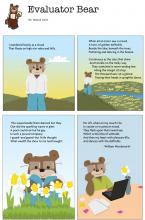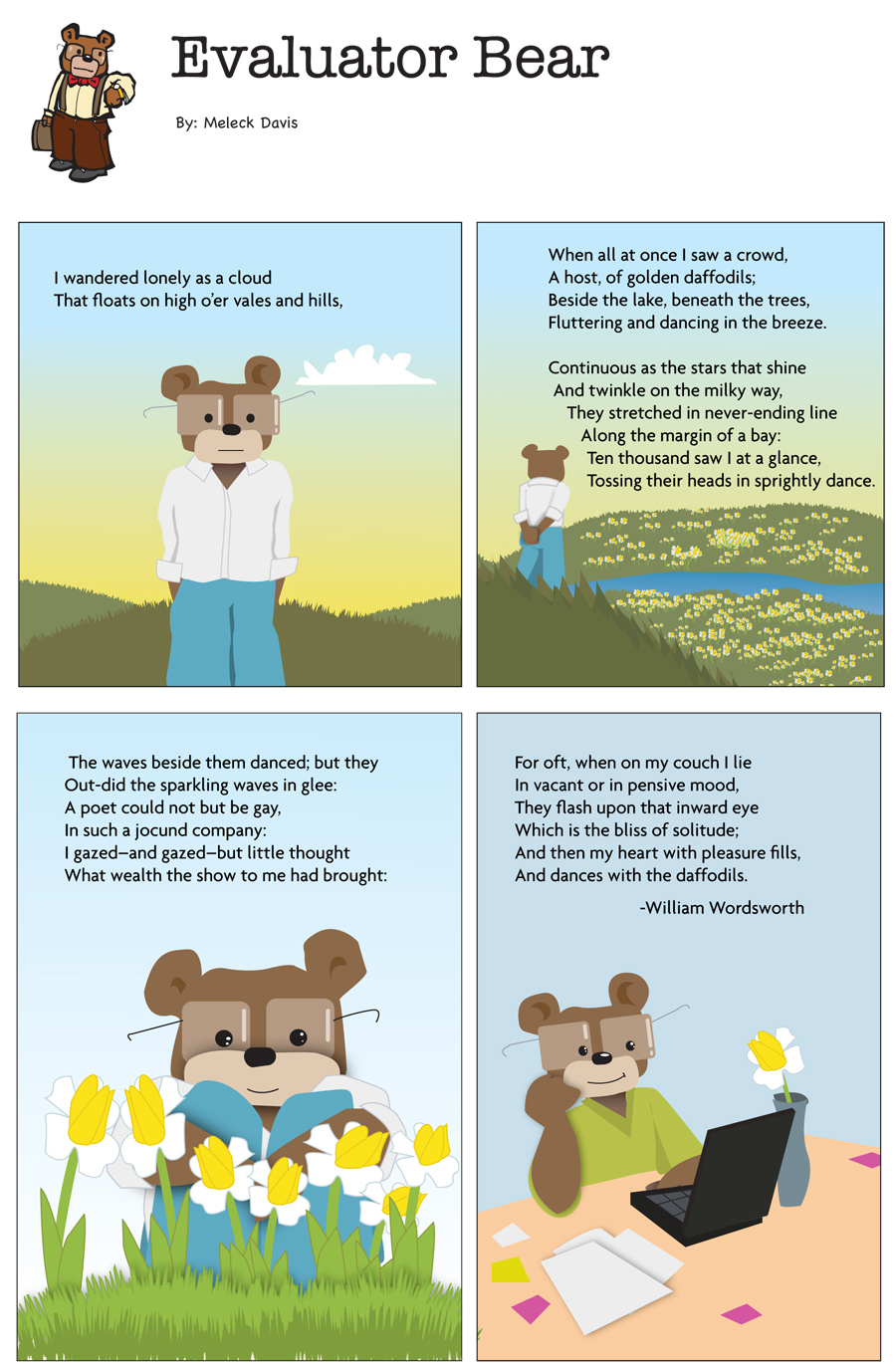March 2, 2012 - 4:27pm
Do you do client surveys? If so, do you quickly smile at the positive responses but give a lot of consideration – maybe even a twinge of obsession – to any negative answers, like I do?
We recently closed our yearly client survey and already gathered to review results and think about implications for our work. We heard some wonderful feedback:
- Our clients rated us between excellent (83%) and good (17%) on being responsive to their needs
- Our clients also rated us very highly in timeliness, our ethical standards, and in working respectfully with other stakeholders.
February 27, 2012 - 4:51pm
Have you heard of big data? If not, a recent article in the New York Times provides an excellent overview. If so, you might be thinking, like I am, what the implications are for you, the way you work and the way we understand our world. You might also be wondering why this is a hot topic now.
A few major factors are leading big data to be a current hot topic – and these same factors also greatly affect evaluation, research and planning:
February 22, 2012 - 7:18pm
Have you ever surveyed your program participants, and wanted to “fine-tune” your survey as you went? Or have you wondered how to take a retrospective look at results when your surveys have changed over time or when you have multiple survey occurrences? We often work with programs that have several iterations of participant surveys, administered to reach people who participated at different times. The survey structure might also change over time; sometimes different response scales are used, and sometimes new questions are added or omitted to be relevant to different programs.
February 22, 2012 - 6:21pm
I belong to a listserv called Healthcare Information For All by 2015 (to join, send an email). Many of the topics are about medical practices. Recently a string of posts addressed the role of drama and music in health. As I read the posts, I realized that there are many roles that the arts are playing in health:
February 13, 2012 - 4:02pm
In a recent Chronicle of Philanthropy Article, Paul Schmitz of Public Allies says, “We’ve become too focused on strong programs being the solution, rather than strong communities. We have to think differently if we want results.
February 10, 2012 - 4:40pm
The federal Government Accountability Office (GAO) recently revised its Designing Evaluations guide. It is incredibly comprehensive, from deciding which evaluation model best fits different situations to determining which approaches to use in an evaluation. Some of the highlights:
- Page 5 describes the different reasons you might want to use an internal or external evaluator
- Pages 15-16 describe different evaluation models, and when they are most appropriate to use
January 27, 2012 - 3:30pm
In 2007-2008, we had the pleasure of working with the Business, Arts and Recreation Center in Windom. Three big issues launched the organization:
- A crisis. The large old Windom 1931 school building was being shut down, and was scheduled for demolition in 2000. Community members, and those who had grown up and attended school in the building, were not ready to lose it.
January 24, 2012 - 4:54pm
Recently, we worked with Nonprofits Assistance Fund to increase the value of their Financial Needs Assessment by presenting results in a report for nonprofits. Before developing the report, the practice of Nonprofits Assistance Fund was to review the results of each assessment individually and prepare reports, presentations or summaries when asked by client organizations.




